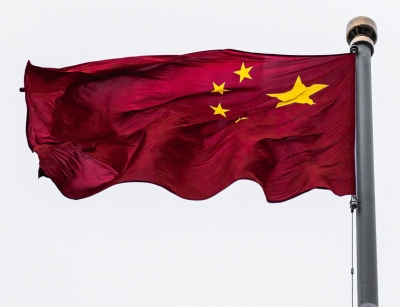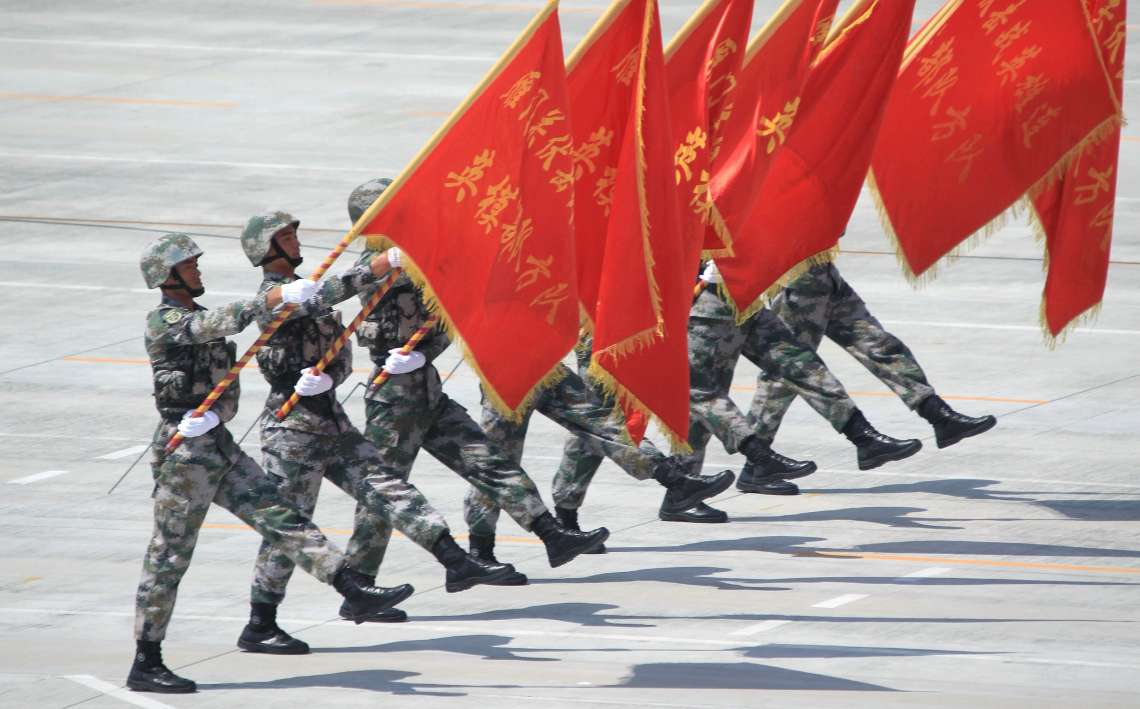The new move marks one of the most comprehensive efforts in recent years to strengthen Taiwan’s legal defences against Beijing’s covert attempts…reports Asian Lite News
Taiwanese lawmakers from both the ruling and opposition camps have joined forces to tighten national security laws amid escalating concerns about Chinese infiltration and influence operations targeting the island’s political and administrative institutions. The move marks one of the most comprehensive efforts in recent years to strengthen Taiwan’s legal defences against Beijing’s covert attempts to undermine its democracy, The Taipei Times reported.
Members of the ruling Democratic Progressive Party (DPP) have tabled significant amendments to Paragraph 1, Article 13 of the National Security Act. These revisions aim to reinforce loyalty, transparency, and accountability among key state personnel — including government officials, military officers, and educators — who occupy positions that could be vulnerable to manipulation or espionage. Lawmakers emphasised that the updated provisions are designed to plug existing legal loopholes that expose Taiwan to risks stemming from Chinese influence campaigns.

Under the proposed framework, if individuals in sensitive roles — particularly those with access to classified data or involved in critical decision-making — are found to have breached, or helped others breach, Articles 2 or 3 of the act, their departments would be legally bound to report the violations and immediately suspend them pending investigation. In cases deemed urgent or serious, agencies must take action within three days to contain any potential security breaches. The measure underscores the government’s commitment to respond swiftly to possible espionage or infiltration incidents.
DPP legislator Chuang explained that while Taiwan’s current legislation punishes acts that directly threaten national security, it lacks preventive mechanisms to address behaviours that might lead to such threats in the future. The proposed amendment aims to bridge that gap by enabling earlier intervention — including the power to suspend suspects from their posts — to prevent possible damage before it escalates. The bill has already cleared its first reading in the Legislative Yuan and has been forwarded to the Foreign Affairs and National Defence Committee for detailed scrutiny, according to The Taipei Times.
Meanwhile, lawmakers from the opposition Kuomintang (KMT) have also introduced their own set of proposals, focusing on the Classified National Security Information Protection Act. KMT legislators Wu Tsung-hsien, Huang Chien-hao, and others suggested raising penalties for leaking sensitive information to China, Hong Kong, or Macau. The proposed maximum prison term for such offences would increase to 12 years.
Wu stressed the importance of maintaining a balance between deterrence and fairness, cautioning that the laws should not be weaponised for political purposes. He called for the establishment of a bipartisan oversight mechanism to ensure transparent enforcement. Together, these legislative efforts reflect a growing consensus in Taiwan’s parliament on the need for stronger safeguards against Beijing’s persistent and evolving influence operations.














